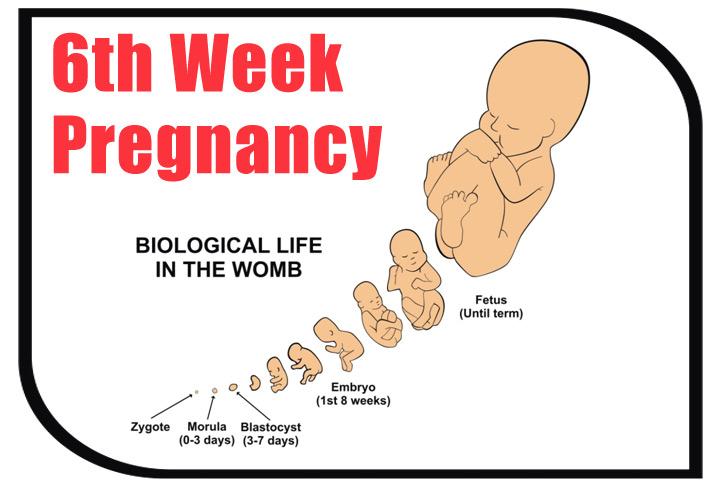
Table of Contents
Overview
Welcome to your baby’s sixth week of development! If you’ve been eagerly awaiting your little one’s milestones, you’ll be excited to know that there are several important ones to look out for during this week.
Physical Development
Your baby’s physical development is likely to be quite impressive this week. You may notice that they’re starting to develop more control over their head movements, and they may even be able to hold their head up for a few seconds at a time.They might also be more alert and responsive than before, and you may find that they’re starting to track objects with their eyes.
Sleeping and Eating
At six weeks, your baby is likely to be sleeping for longer stretches at night, which means that you’ll be getting a bit more rest too! However, they’ll still need to eat frequently during the day, so be prepared for plenty of feeds.It’s important to remember that all babies are different, so don’t worry too much if your little one isn’t sleeping or eating exactly as you expect them to. As long as they’re gaining weight and seem content, they’re likely doing just fine.
Emotional Development
As your baby’s physical development progresses, so too will their emotional development. You may notice that they’re starting to become more expressive, and they might even start to smile at you when you talk to them.It’s important to remember that your baby is still very young, and their emotions are likely to be quite unpredictable at this stage. However, by responding to their cues and being attentive to their needs, you can help them to feel secure and loved.
What Can You Do to Support Your Baby’s Development?
While your baby’s development is largely determined by biology, there are things that you can do to support them as they grow and learn. Here are a few ideas:- Spend plenty of time interacting with your baby, talking to them, and responding to their cues.- Provide a safe and stimulating environment for your baby to explore.- Be patient and understanding, and remember that your baby is still learning about the world around them.- Don’t compare your baby’s development to that of other babies, as every child is different.- Finally, enjoy this special time with your little one – it goes by so quickly!
Frequently Asked Questions
What can I do if my baby isn’t meeting their developmental milestones?
It’s important to remember that every baby develops at their own pace, so try not to worry too much. However, if you’re concerned about your baby’s development, you can speak to your doctor or a qualified healthcare professional for advice.
When will my baby start to sleep through the night?
Every baby is different, but most babies start sleeping for longer stretches at night between three and six months of age.
How often should I be feeding my baby?
At six weeks, your baby is likely to be feeding around eight to 12 times per day. However, every baby is different, so follow your baby’s cues and feed them when they’re hungry.
Can I do anything to help my baby’s sleep?
There are plenty of things you can do to help your baby sleep, such as establishing a bedtime routine, ensuring they’re warm and comfortable, and keeping their sleep environment calm and quiet.
When will my baby start to crawl or walk?
Most babies start crawling between six and ten months, and walking between nine and 18 months. However, every baby is different, so don’t worry if your little one takes a bit longer to start crawling or walking.
